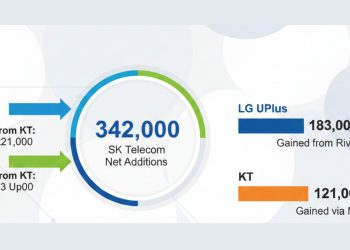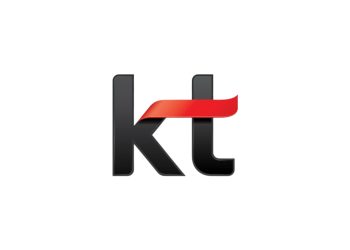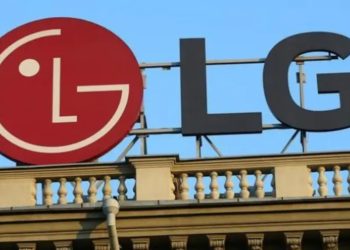Update:
LG Electronics announced early January that it separately entered an agreement with Luxoft, a DXC Technology Company, and Cerence Inc., an automotive software company, to jointly develop and expand the webOD Auto In-Vehicle Infotainment (IVI) system in production ready-systems.
LG’s partnership with Luxoft would advance the deployment of the production-ready digital cockpit, in-vehicle infotainment, rear-seat entertainment (RSE), and ride-hailing systems based on webOS Auto platform. The companies would make the IVI system available for automakers, fleet operators, and shared mobility services providers.
Meanwhile, LG’s joint venture with Cerence Inc. would develop a new software solution that incorporates LG’s webOS Auto IVI system with the Cerence ARK (AI Reference Kit). The Cerence ARK is a new turnkey voice assistant for the automobile industry. LG and Cerence plan to advance a more useful in-car experience through voice commands, which enables users to have greater control over car functions, navigation, and multimedia content.
Original:
LG Electronics said Wednesday it would introduce its advanced in-vehicle infotainment system, developed in cooperation with various tech companies, at the Consumers Electronics Show 2020 (CES) in Las Vegas on January 7.
The tech giant would showcase a connected car model powered by LG’s webOS Auto platform and co-designed by the automotive seating supplier Adient.
LG’s webOS Auto is a Linux-powered in-vehicle infotainment platform that acts as a hub for connected cars, providing flexibility and productivity between its users.
LG’s booth would display a car installed with its webOS Auto platform. The company expects the installation to offer visitors to experience the infotainment platform in a connected car.
Multiple global tech companies, from chipmakers to cloud computing firms, collaborated in the development of the webOS Auto ecosystem. The technological diversity contributed to the competitiveness of the software.
Infotainment System Partners
Microsoft, Luxoft, Qt, and Qualcomm partnered with LG to developing webOS Auto. The tech companies would also exhibit the in-vehicle infotainment system at each of their booths during the CES 2020.
Microsoft would exhibit an LG-MS Audio Video Navigation System (AVN), a new system that integrates LG’s webOS Auto with Microsoft Connected Vehicle Platform (MCVP). The system enhances user safety, experience, and vehicle safety.
The AVN aims to maximize the benefits of the infotainment system. The system could transmit vehicle-generated data, and video, audio, and navigation usage history to Microsoft’s Power BI via the cloud.
Qualcomm’s Snapdragon Automotive Development Platform (ADP) will power the webOS Auto platform, making use of fifth-generation (5G) network technology.
Luxoft would also showcase a concept car equipped with LG’s webOS Auto platform. Qt, a software company based in Finland, on the other hand, would debut its human-machine interface for cars.
LG Electronics’ strategic partners also include various content companies such as Mapbox, Cerence, and iHeartRadio, expanding the webOS Auto ecosystem.
“We will continue to enhance the webOS Auto ecosystem through collaboration with a variety of global tech companies in a bid to expand our influence in the next-generation software for cars.”
-Chief Technology Officer of LG Electronics Park Il-pyung
LG expects to reach $773 million (900 billion won) of investments into its Vehicle Component Solutions (VS) division this year.







